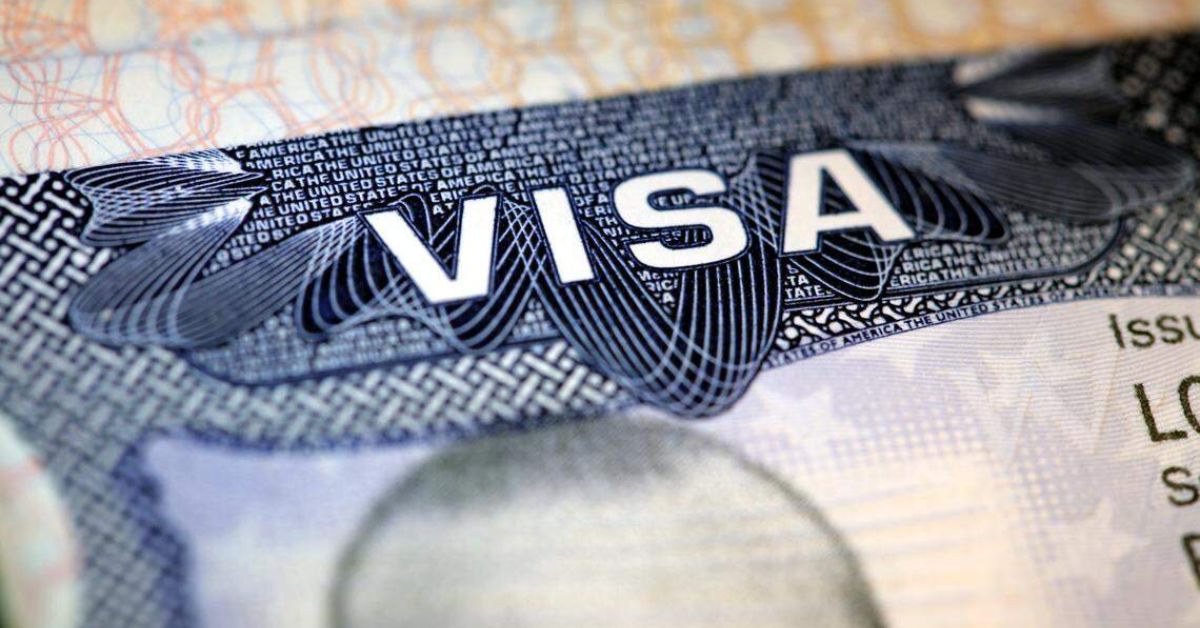Asylum seekers in the U.S. are often placed in detention while their claims are processed. For many, the first step towards gaining freedom and continuing their asylum case outside detention is through a bond hearing for asylum seekers.
However, the process can be complicated, and without proper knowledge, it can become a frustrating experience. This guide will walk you through the steps on how to request a bond hearing for immigration, provide insights into the bond hearing for detained asylum seekers, and answer some of the most common questions that asylum seekers face during the process.
Table of Contents
ToggleWhat Is a Bond Hearing for Asylum Seekers?
A bond hearing for asylum seekers is a court proceeding where a detained individual requests to be released on bond while their asylum case is pending. Asylum seekers are often detained by U.S. Immigration and Customs Enforcement (ICE) upon arrival or after their claims are submitted.
The purpose of the bond hearing is to determine whether the detainee can be safely released into the community while their asylum claim is processed, or if they must remain in detention.
It’s crucial to understand that not every asylum seeker is eligible for bond, and the bond amount can vary depending on several factors, including flight risk and the perceived danger to the community.
Who Is Eligible for a Bond Hearing?
Bond hearing for detained asylum seekers typically take place once they have been detained for a certain period of time. However, not every asylum seeker qualifies for a bond hearing, especially if they have been subjected to mandatory detention due to certain criminal offenses or prior immigration violations.
Factors That Affect Bond Eligibility
- Criminal History: If the asylum seeker has been convicted of a serious crime, they may not qualify for bond.
- Flight Risk: The judge will assess whether the individual is likely to attend future hearings.
- Danger to Society: If there are concerns about the person being a danger to the community, a bond may be denied.
- Immigration Violations: Past violations of immigration laws or orders to appear in court can be a significant factor.
For those who are eligible, a bond hearing is typically scheduled to determine if they can be released while they await a final decision on their asylum case.
How to Request a Bond Hearing Immigration: The Process
Requesting a bond hearing for asylum seekers involves filing a request and meeting certain procedural requirements. Here’s a step-by-step guide on how to request a bond hearing for immigration:
Step 1: File a Motion for Bond Hearing
To initiate the bond hearing, an asylum seeker or their attorney must file a motion for bond hearing with the immigration court. The motion must include the detainee’s personal information, case details, and reasons why they should be released on bond. Typically, this motion is filed shortly after the individual is detained, though it can be requested at any point during detention.
If the asylum seeker does not have an attorney, they may file the motion themselves, although it is strongly recommended to seek legal assistance to increase the chances of a favorable outcome.
Step 2: Wait for Court Scheduling
Once the motion for bond hearing is filed, the court will schedule a hearing date. The timeframe for this can vary, depending on the court’s caseload and the location. It’s common for bond hearings to be scheduled within a few weeks, though in some cases, it could take longer.
During this waiting period, the detained individual or their attorney can prepare for the hearing by gathering evidence to support the claim for release, including documentation of family ties, employment, or community involvement.
It is strongly recommended that you consult with an immigration appeal lawyer to determine if appealing or seeking reconsideration is the best course of action.
Step 3: Attend the Bond Hearing
On the day of the hearing, the detained individual will appear before an immigration judge. This can happen in person at the detention center or via a video conference. During the bond hearing for detained asylum seekers, both the government and the individual or their attorney will present arguments.
The government will typically argue that the person should remain in detention, citing the risk of fleeing or any perceived threats to the community. The asylum seeker will have the opportunity to present evidence and make a case for release.
At the conclusion of the hearing, the judge will either grant or deny bond. If a bond is granted, the judge will set a monetary amount, which must be paid for the individual to be released from detention.
What Happens After the Bond Hearing?
If the bond hearing for asylum seekers is successful, and the bond is granted, the individual will be released from detention once the bond is paid. The amount of bond can vary, typically ranging from $1,500 to $15,000 or more.
Factors such as the individual’s ties to the community, the severity of any prior criminal record, and the evidence presented at the hearing all play a role in determining the bond amount.
If a bond is denied, the detained asylum seeker can appeal the decision or request a reconsideration hearing with new evidence. In some cases, the individual may have to remain in detention while they continue with their asylum case.
Key Considerations for Asylum Seekers Facing Bond Hearings
While the bond hearing is an important step, asylum seekers should be aware of several key considerations:
- Documentation Is Crucial: Gathering evidence of community ties, family support, and any humanitarian factors is essential for a successful bond hearing.
- Legal Representation: Having a knowledgeable attorney, such as an immigration appeal lawyer, is crucial. They can help with filing motions, presenting evidence, and arguing the case in court.
- Bond Amount: Be prepared to pay the bond amount if granted. Understanding how a bond works and who can assist in posting the bond is important.
- Potential Delays: The immigration system can be slow, and delays are common. Being patient and staying informed about the progress of your case is essential.
Can an Asylum Seeker Request a Reconsideration of the Bond Hearing?
Yes, in some cases, if a bond is denied, the detained asylum seeker can request a reconsideration of the bond decision. This is particularly useful if new evidence has come to light or if circumstances have changed since the original bond hearing. The request for reconsideration must be filed in writing, and the judge will review the request and decide whether to schedule a new hearing.
Understanding Asylum Seekers’ Financial Benefits After Bond
Once released on bond, asylum seekers may be eligible for certain Asylum seekers financial benefits, including work permits and access to social services, depending on their case status. These benefits vary by state and individual circumstances, but can help asylum seekers get back on their feet while awaiting the final decision on their asylum claim.
Final Thoughts: Navigating the Bond Hearing Process
If you or someone you know is seeking bond while detained, it’s important to take action early and work with an experienced attorney who can guide you through the bond hearing for asylum seekers process.
If you’re unsure about how to proceed or need assistance with preparing for your bond hearing for detained asylum seekers, consider scheduling a consultation with an immigration lawyer to ensure your case is handled with the care and expertise it deserves.







